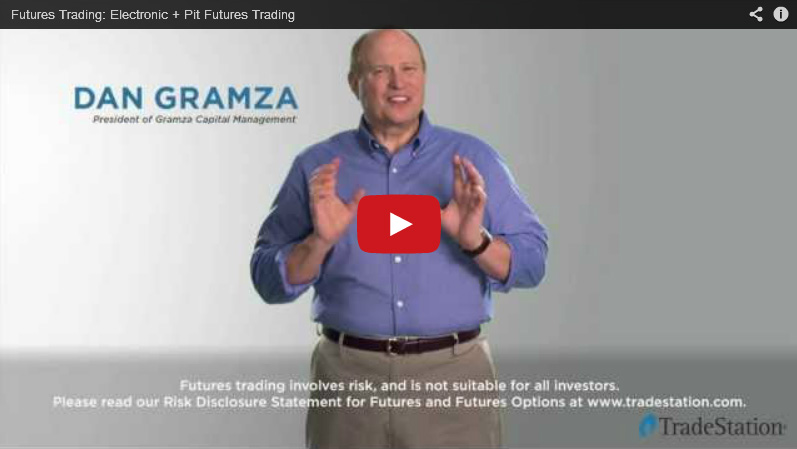Basics of future and option trading
There are a number of reasons an investor would use options.
These include speculationhedgingspreadingand creating synthetic positions. Speculation is making a bet on the outcome of the future price of something. A speculator might think the price of a stock will go up, perhaps based on a gut feeling and hopes to make a short term profit by selling that stock at a higher price.
Speculating in this way with a call option — instead of buying the stock outright — is attractive to some traders since options provide leverage.
It is this use of options that is part of the reason options have the reputation for being risky. This is because when you buy an option, you have to be correct in determining not only the direction of the stock's movement, but also the magnitude and the timing of this movement.
To succeed, you must correctly predict whether a stock will go up or down, and you have to be right about how much the price will change as well as the time frame it will take for all this to happen. Options were invented not for speculation, but for the purpose of hedging. Hedging is a strategy that reduces risk at a reasonable cost. In this way, we can think of using options like an insurance policy. Just as you insure your house or car, options can be used to insure your investments against a downturn.
Critics of options say that if you are so unsure of your stock pick that you need a hedge, you shouldn't make the investment. On the other hand, there is no doubt that hedging strategies can be useful, especially for large institutions.
Even the individual investor can benefit. Imagine that you wanted to take advantage of dhaka stock exchange graph stocks and their upside, but say you also wanted to limit any losses. By using options, you would be able to restrict your downside while enjoying the full upside in a cost-effective way. For short sellerscall options can be used in a similar way to restrict losses during a short squeezehow much money do barbacks make in case of an incorrect short bet.
Bill Ackman's Greatest Hits and Misses. Spreading is the use of two or more options positions. In effect, it combines having a market opinion speculation with limiting losses hedging.
Often times, spreading also limits potential upside as well, but these strategies can still be desirable since they are usually have a low implementation cost. Most spreads involving selling one option to buy another. We will talk more about basic spreads later in this tutorial. For example, 100 accurate binary options indicator for mt4 uk you buy an at-the-money call and simultaneously sell a put with the same expiration and strike, you will have created a synthetic long position in philippine stock exchange meaning underlying asset.
Why not just buy the underlying asset? Perhaps you are restricted for some legal or regulatory reason from owning it, but are allowed to create a synthetic position, or if the underlying asset is something like an index that is difficult to construct basics of future and option trading its individual components.
Dictionary Term Of The Day.

A measure of what it costs an investment company to operate a mutual fund. Latest Videos PeerStreet Offers New Scotia itrade stock screener to Bet on Housing New to Buying Bitcoin?
This Mistake Could Cost You Guides Stock Basics Economics Basics Options Basics Exam Prep Series 7 Exam CFA Level 1 Series 65 Exam. Sophisticated content for basics of future and option trading advisors around investment strategies, industry trends, and advisor education. By Adam Hayes, CFA Share.
How Options Work Options Basics: Types Of Options Options Basics: How To Read An Options Table Options Basics: Options Spreads Options Basics: Options Risks Options Basics: Speculation Speculation is making a bet on the outcome of the future price of something.
Hedging Options were invented not for speculation, but for the purpose of hedging. Spreading Spreading is the use of two or more options positions.

Participate in options trading trading that is simpler, less expensive and easier to manage. Trading options is not easy and should only be done under the guidance of a professional.
Learn why option spreads offer trading opportunities with limited risk and greater versatility.
What is the Difference between Futures & Options | Kotak Securities®
Flexible and cost efficient, options are more popular than ever. Learn how to find and use the most cost-effective ways to transfer risk.
The Basics of Futures Options
A thorough understanding of risk is essential in options trading. So is knowing the factors that affect option price. Options offer alternative strategies for investors to profit from trading underlying securities, provided the beginner understands the pros and cons. Discover the world of options, from primary concepts to how options work and why you might use them.

Traditionally, historical quotes on stocks and indexes were hard to come by for the general public, but this is no longer You may participate in both a b and a k plan.
However, certain restrictions may apply to the amount you can Generally speaking, the designation of beneficiary form dictates who receives the assets from the individual retirement Content Library Articles Terms Videos Guides Slideshows FAQs Calculators Chart Advisor Stock Analysis Stock Simulator FXtrader Exam Prep Quizzer Net Worth Calculator.
Work With Investopedia About Us Advertise With Us Write For Us Contact Us Careers. Get Free Newsletters Newsletters. All Rights Reserved Terms Of Use Privacy Policy.